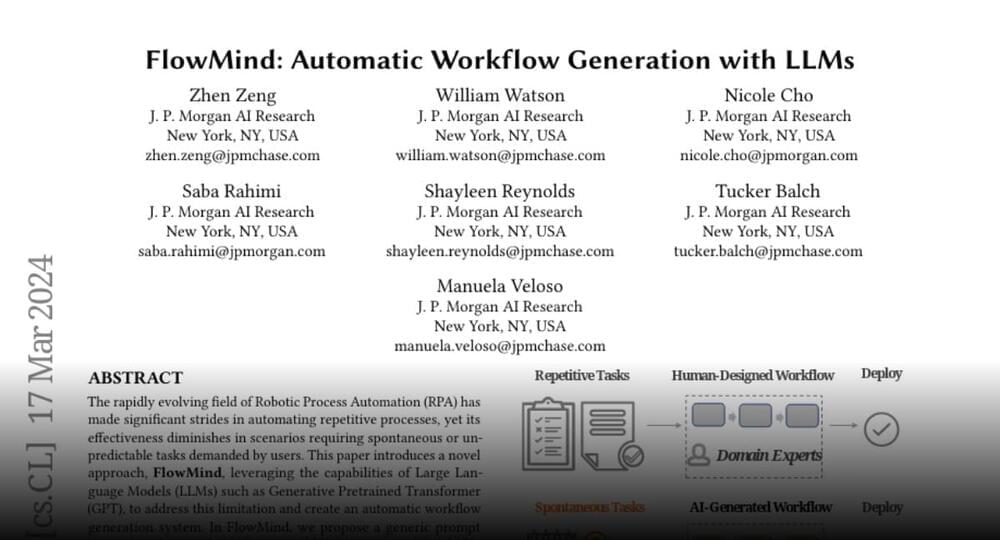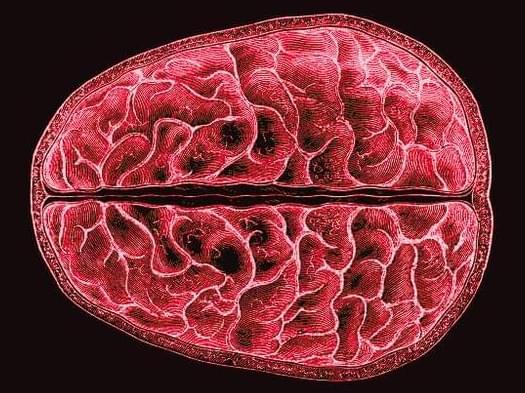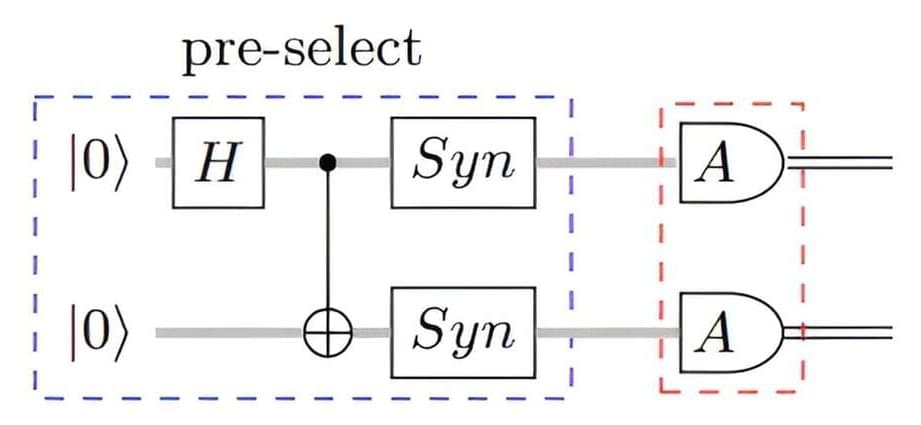
Granular materials, those made up of individual pieces, whether grains of sand or coffee beans or pebbles, are the most abundant form of solid matter on Earth. The way these materials move and react to external forces can determine when landslides or earthquakes happen, as well as more mundane events such as how cereal gets clogged coming out of the box.
Yet, analyzing the way these flow events take place and what determines their outcomes has been a real challenge, and most research has been confined to two-dimensional experiments that don’t reveal the full picture of how these materials behave.
Now, researchers at MIT have developed a method that allows for detailed 3D experiments that can reveal exactly how forces are transmitted through granular materials, and how the shapes of the grains can dramatically change the outcomes. The new work may lead to better ways of understanding how landslides are triggered, as well as how to control the flow of granular materials in industrial processes. The findings are described in the journal PNAS in a paper by MIT professor of civil and environmental engineering Ruben Juanes and Wei Li SM ’14, PhD ’19, who is now on the faculty at Stony Brook University.


















